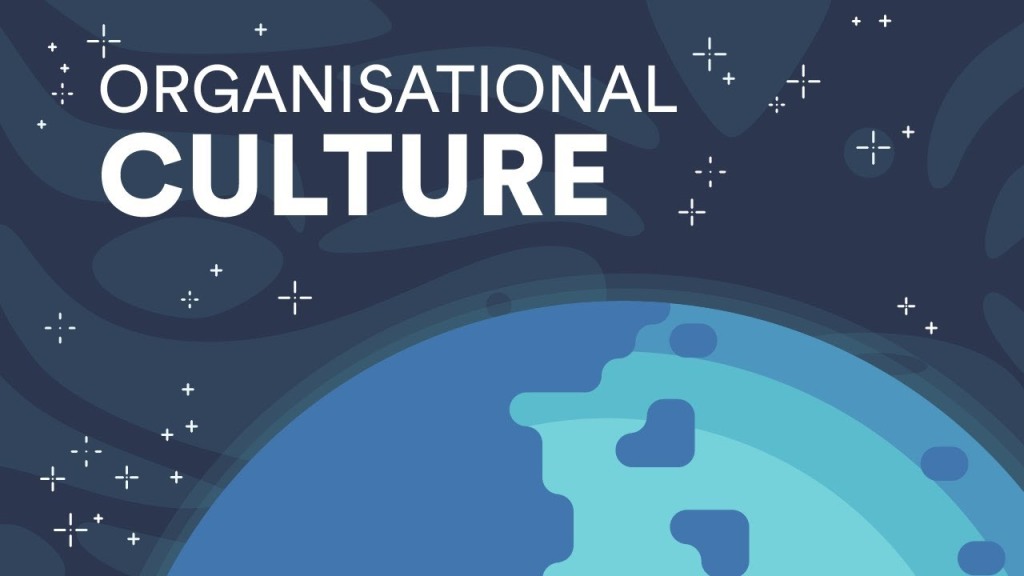
INTRODUCTION
Business is becoming more globally competitive by the day and organisations working in a competitive environment are constantly being burdened with the demands to fulfil their obligations to stakeholders. This naturally places demands on organisations to have a unique approach to staying ahead of competitions through staff satisfaction which is known as organisational culture.
Organisational culture is a viable yardstick that differentiates successful companies from unsuccessful companies. According to Needle (2004), organisational culture represents the values and belief systems of the employees. It consists of a set of standards that control employee performance and service to investors, customers, and other stakeholders (Groysberg et al. 2018).
This blog aims to explore and analyse the core concepts of organisational culture and its relationship with performance. This would be done through an evaluation of theories of organisational culture on Coca-Cola Company, with recommendations for improvement.
What Is Organisational Culture?
Organisational culture explains the internal structure and employee experience. It answers questions such as what do the employees think of the organisation? To the staff, what does it means to be a staff of the organisation? How does the organisation measures and remunerate tasks, duties, and deliverables? What is the leadership and management structure?
For excellent service delivery and as a way to get ahead of fierce competitions, the organisation needs to constantly position itself to support greater workforce communication among its staff, commit to staff capacity building, and strengthening freedom of information. Organisational culture is also explained as the way organisations control their management structure in ways that reward creativity, innovation, learning, design thinking that focuses on meeting the needs of the customers (Elsbach and Stiglani, 2018).
Importance of Organisational Culture
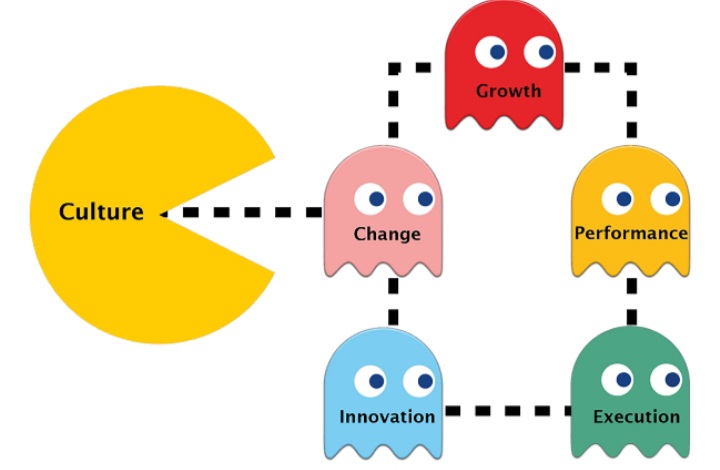
The role of organisational culture cannot be overstated. It plays a critical role in modelling the behaviour and organisation’s results. Giberson et al. (2009) explain organisational culture as the mixing dynamism that drives the company’s behaviour in the direction desired by management. Organisational culture dictates the employee experience and sets the organisations for the daily operational routines. Organisational culture determines the long-term outlook and future projections of a company, the more vibrant and dynamic it is, the better, for the organisation. It is equally important as it guides the performance of any organisation towards the attainment of the company’s goals.
To achieve organisation’s goals, companies must focus on building organisational culture by building a vibrant and dynamic leadership that allows innovation, creativity, and customer-centric design thinking (Elsbach and Stiglani, 2018).
Coca-Cola’s Organisational Culture

Coca-Cola is the strongest and biggest in the soft drink industry globally with operational reach in about 200 countries and daily consumer servings of about 1.9 billion (Anik and Habiba, 2020). The company is known for its famed carbonated soft drink well distributed globally for over a hundred years. Since establishment in 1886. For over 115 years, the Coca-Cola Company has remained committed to creating moments of enjoyment for hundreds of millions of people daily across the world. Currently, the Coca-Cola Company is headquartered in Atlanta, Georgia. Its stock is listed on the New York Stock Exchange.
The Coca-Cola Company has the world’s most advanced and pervasive soft drink producer and distributor across the globe. They have a sophisticated structure that is especially devoted to staff committed to promoting the company’s brand. This unique worldwide system has made The Coca-Cola Company the world’s premier soft-drink enterprise.
The working philosophy of the Coca-Cola Company speaks glowingly of the organisational culture of the company. The philosophy of the founder is to make the company’s work environment a sterling work environment for staff to be and a place where they feel motivated to provide their best. This can be attributed to the link that makes Coca-Cola the leading soft drink company in the globe. They aim at managing their business well with people who are strongly committed to the company’s values and culture and providing an appropriately regulated work environment, to constantly meet business goals and objectives. Also, it is observed that the stakeholders of the organisation take a joint obligation to ensure total deference with the tenants and intricacies of the policies of the company. They also give their best to protect the company’s assets and resources in ways that reduce business risks.
Video Source: https://comparably.com
The Coca-Cola Company adopts an organisational structure that is purposeful in invigorating the mind, stimulating people, and raising hopefulness. It uses a convincing approach to raise not just the company model, but also, an array of the workforce that goes out to influence their environment.
Coca-Cola has strong values they hold in high regard. This value system has been identified as one of the unique things that set the company apart. It is reported that the company’s values serve as a compass for actions and explains how staff members behave in their communities. This includes leadership to shape a better future, integrity, accountability, and collaboration among others. Staff at Coca-Cola enjoy a supportive work environment that allows the free flow of ideas and inspires growth.
Everyone in the Coca-Cola brand knows each day, the company develops meaningful and accelerated learning opportunities and anticipating the skills and resources needed to meet future demands. The work environment at Coca-Cola also fosters unity among the staff. The company prides itself on its mission to get the world refreshed. They believe that the relationship built throughout working at the company will help staff lead a successful career. The company ensures fair and inclusive workplaces and develop a workplace that embraces everyone’s unique abilities. The company is dedicated to providing support to targeted communities and planet conservation.
The Iceberg model
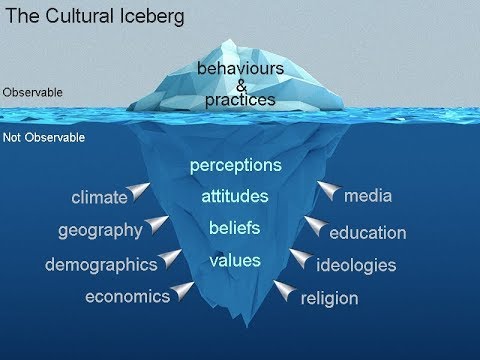
The Iceberg model is based on a fundamental principle that addresses problems by examining how the factors within an organisation affect each other. The model is more associated with searching for patterns over a period and identifying root causes within an organisation, which is also in line with Schein’s model that reveals the different cultural levels within organisations.
Hofstede’s Culture Model
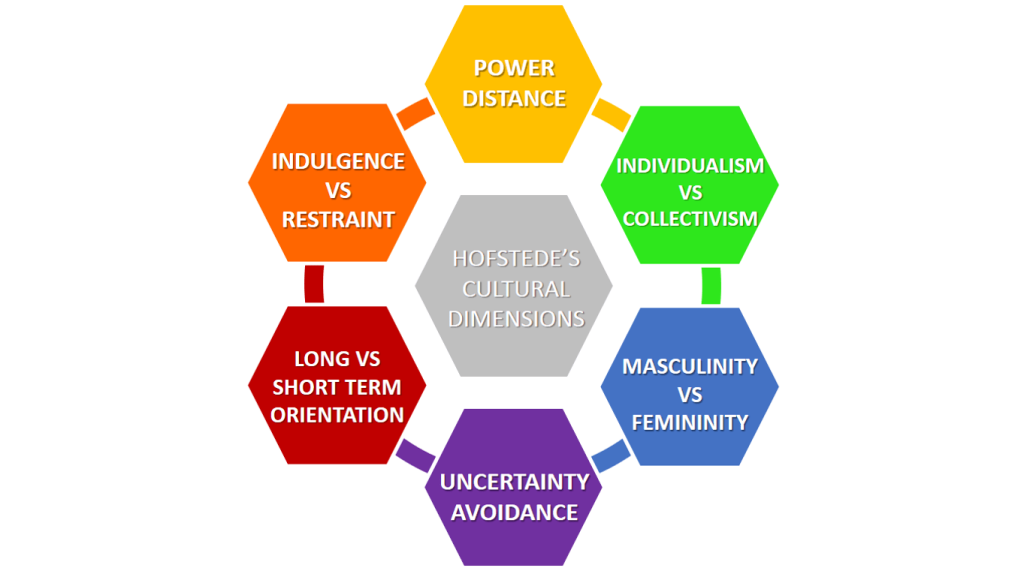
The Hofstede’s culture model, which is an outline for cross-cultural communication, is developed by Geert Hofstede and it explains the effects of the values an organisation holds in high regard on its staff and how these values translate to staff behaviour within and outside of the work environment (Adeoye and Tomei, 2014). Therefore, it can be summarised using these theories that the Coca-Cola organisational model is not in line with the Iceberg’s model but however in similitude to Hofstede’s culture model that embraces a large conglomerate as the company has been proven to help uphold Coca-Cola’s organisational values. However, it has been argued that Hofstede’s culture model does not take into account cultural diversity, migration, and women empowerment and ascribes culture to the geographical place of residence as obtainable in the contemporary corporate world (Williamson, 2002).
Also, the world is gradually moving into embracing sustainability in their work ethos. This means that the concepts of sustainability have been adopted. Owing to this, a change is paramount for the Coca Cola company, and it is recommended the organisation adopts the Johnson and Scholes Cultural Web Model that helps to create a balance in its economic exceptions,social obligations, and environmental risks as this will boost the reputation of Coca Cola regarding its culture to ensure sustainability {Scholes and Johnson,2020}
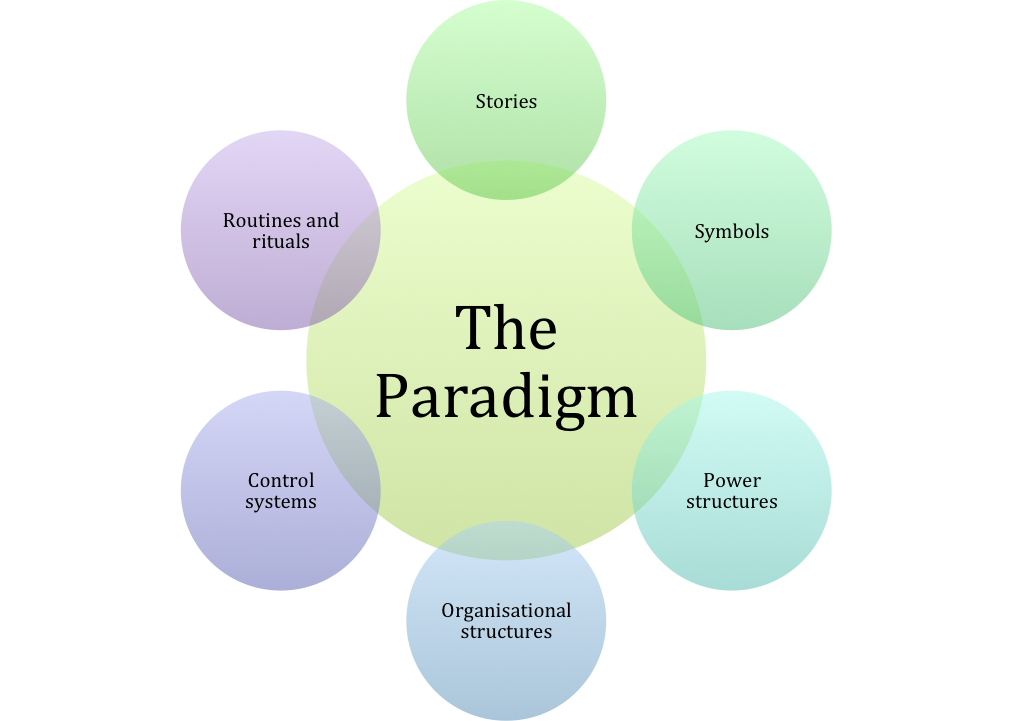
Conclusively, Coca Cola without a doubt is no doubt the heartbeat of soft drink lovers all over the world and it has become the most popular word in this world. Coca Cola Company has over the years been through a lot of internal and external transformation and it has evolved successfully over the years, despite fierce competition, this has been mostly made possible through a well laid out organisational culture. A look into the Coca-Cola Company’s organisational culture depicts that for an organisation to be this successful, there is a need to adopt a workable culture that resonates with its operational tenants, The Coca-Cola company has successfully created a strong organisational culture that is entrenched in the fibre of its workforce.
References
Adeoye, B., and Tomei, L. (2014). Effects of information capitalism and globalisation on teaching and learning. Pennyslvania: Information Science Reference, pp.352.
Anik, K., and Habiba, W. (2020). Marketing Management Practice of Coca-Cola. Marketing Management, 649: 3
Elsbach, K., Stiglani, I. (2018). Design thinking and organisational culture: A review and framework for future research. Journal of Management, 44(6), 1-33.
Giberson, T. R., Resick, C. J., Dickson, M. W., Mitchelson, J. K., Randall, K. R., and Clark, M. A. (2009). Leadership and organizational culture: Linking CEO characteristics to cultural values. Journal of Business and Psychology, 24(2), 123-137.
Groysberg, B., Lee, J., Price, J., & Cheng, J. (2018). The leader’s guide to corporate culture. Harvard Business Review, 96(1), 44-52.
Needle, D. (2004). Business in Context: An Introduction to Business and Its Environment. Business and Economics, pp. 646
Williamson, D. (2002). Forward from a critique of Hofstede’s model of national culture. Human Relations, 55(11), 1373-1395.
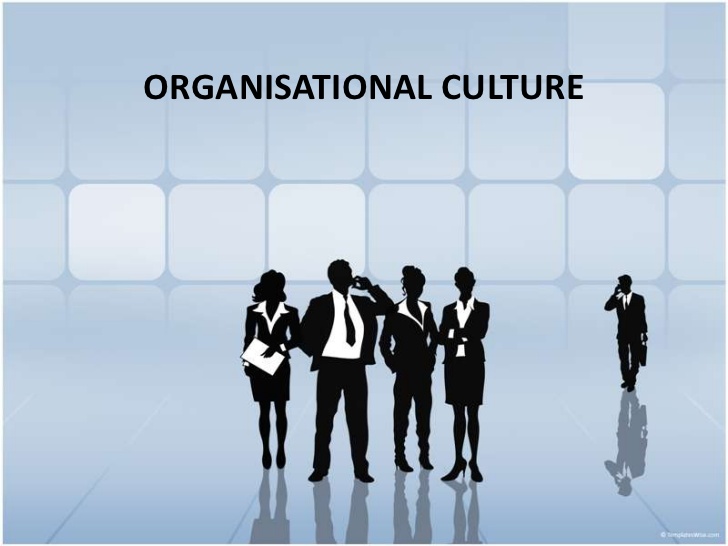
Nice work👍
LikeLike
This is both a refreshing and an educative piece. I liked how the Coca-Cola’s culture was linked to both value systems and sustainability concepts. Well done.
LikeLike
Thank you sir you comment is really appreciated
LikeLike
Great insight!
Now I see how organisational culture is the engine that galvanises companies in achieving all round success with both internal and external stakeholders while proactively positioning for the future at all times.
LikeLike
Sir I appreciate the professional thought given thanks😊😊
LikeLike
Well done on this insightful piece of work. Truly the backbone of fortune 500 companies in today’s world is the presence of an effective organisational structure that is focused on driving efficiency.
LikeLike
My profound gratitude Ma thanks for the professional thought
LikeLike
Interesting read.
LikeLike
This is a good one…. organization culture plays a vital role in differentiating successful and unsuccessful companies…. marvelous effort!!!
LikeLike
I must say organization culture is the key to business growth. Most companies especially in some African countries lack that. A good organization culture in a business environment will help those concerned to achieve a lot. Thanks for this wonderful subject matter
LikeLike
Thanks for the insight bro
LikeLike
Thanks so much glad you like it…
LikeLike
Good work
LikeLike
Interesting read
LikeLike
Organizational structure is a key factor in workplaces, and it determines the level of loyalty employees express to any organization. Nice piece!
LikeLike
Awesome piece….very educative.
Organization culture is the key to business growth.
LikeLike
Yes with a good organisational culture there is always a high level of business growth…Glad you found this article educative
LikeLike
Thank you sir
LikeLike
Nice article! 👍
LikeLike
Gracias (thanks man)
LikeLike
I just learnt something new, a really captivating article, nice job
LikeLike
Wow…really happy to hear this coming from you…thanks
LikeLike
very interesting…
LikeLike
Thank so much dear
LikeLike
Fantastic piece of work
LikeLike
hi Micheal thank for the comment looking forward to your own blog…
LikeLike
Well done Uchenna on your piece of work. It is interesting to see Coco-cola has adopted the Hofstede culture but it would be interesting to see their approach to diversity especially since the model does not take this into account.
LikeLike
Hi Akintunt,Thank you for your observation.
The work culture in Coca cola allows diversity. The company’s culture evolves around unity as encapsulated in its belief/philosophy of one company, one team, and one passion to create an efficient work force.
LikeLike
Well done on this insightful piece of work. Truly the backbone of fortune 500 companies in today’s world lies in the presence of an effective organisational culture focused on driving efficiency.
LikeLike
Thanks you ma for the professional thought glad you could relate how organisational culture has help over 500 companies in driving efficiency.
LikeLiked by 1 person
Great read! I had little or no knowledge of how powerful the organizational structure of a company is. The coca cola example was livid and relatable especially when the writer opined ;
“…… Coca Cola has survived through the years despite the fierce competition because of the well laid out organizational structure….”
Regardless, upcoming companies should take note of women empowerment and diversity.
Great job!
LikeLiked by 1 person
Indeed companies and organisation are encourage not to be gender biased in empowerment of employee. .thanks for the notable insight Bro
LikeLike
I am particularly impressed by how the article explains organizational culture using a practical example (Cocacola), the insight and information here is quite satisfying. Educative content.
LikeLike
Glad to know its education Thanks for taking your time to read Bro
LikeLike